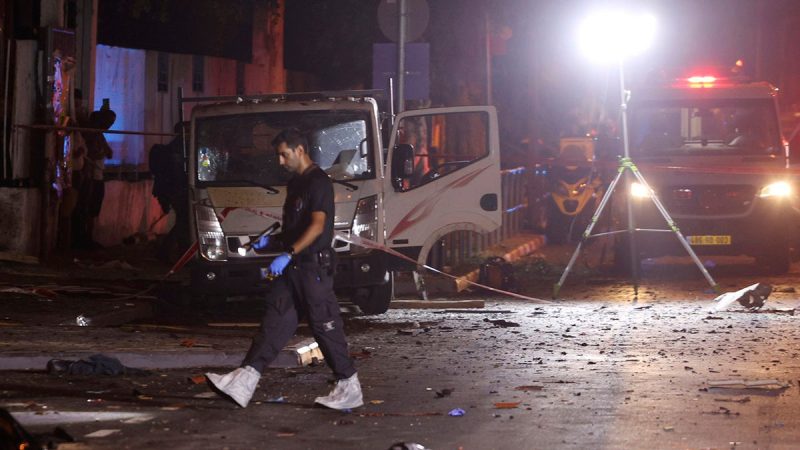The recent terrorist attack in Tel Aviv, Israel has once again shed light on the ongoing conflict in the region. Israeli officials have confirmed that the bombing was indeed a terrorist attack, with Hamas claiming responsibility for the heinous act. The incident has once again raised questions about the complex dynamics of the Israeli-Palestinian conflict and the challenges faced by both sides in achieving lasting peace.
Hamas, a militant group designated as a terrorist organization by many countries, including Israel and the United States, has a history of carrying out attacks against Israeli civilians. The group’s claim of responsibility for the Tel Aviv bombing underscores the ongoing threat posed by extremist groups in the region and the need for continued vigilance to prevent further acts of violence.
The attack in Tel Aviv has once again highlighted the difficult reality faced by Israelis living in constant fear of terrorism. The sense of insecurity and vulnerability that comes with such attacks can have a profound impact on the daily lives of civilians, leading to increased tension and polarization within the society.
On the other hand, the Palestinian perspective cannot be overlooked in this conflict. The ongoing Israeli occupation of Palestinian territories, along with the humanitarian crisis in Gaza, has fueled resentment and desperation among many Palestinians. The lack of a viable political solution to the conflict has only served to worsen the situation, leading to violence and bloodshed on both sides.
It is important to remember that not all Palestinians support or condone acts of terrorism. Many Palestinians are also victims of the conflict, facing multiple challenges such as poverty, limited access to basic services, and restrictions on their movements. Achieving a lasting peace requires addressing the legitimate grievances of both Israelis and Palestinians and working towards a just and equitable solution that respects the rights and aspirations of all parties involved.
In the aftermath of the Tel Aviv bombing, Israeli authorities have vowed to respond forcefully to the attack and bring those responsible to justice. While it is crucial to hold perpetrators of violence to account, it is equally important to address the root causes of the conflict and work towards building trust and understanding between the two sides.
Ultimately, the path to peace in the Middle East is fraught with challenges and complexities. It requires bold leadership, genuine commitment to dialogue and reconciliation, and a recognition of the humanity and dignity of all people involved. Only through genuine efforts to promote mutual respect, understanding, and coexistence can the cycle of violence be broken, and a sustainable peace be achieved in the region.

